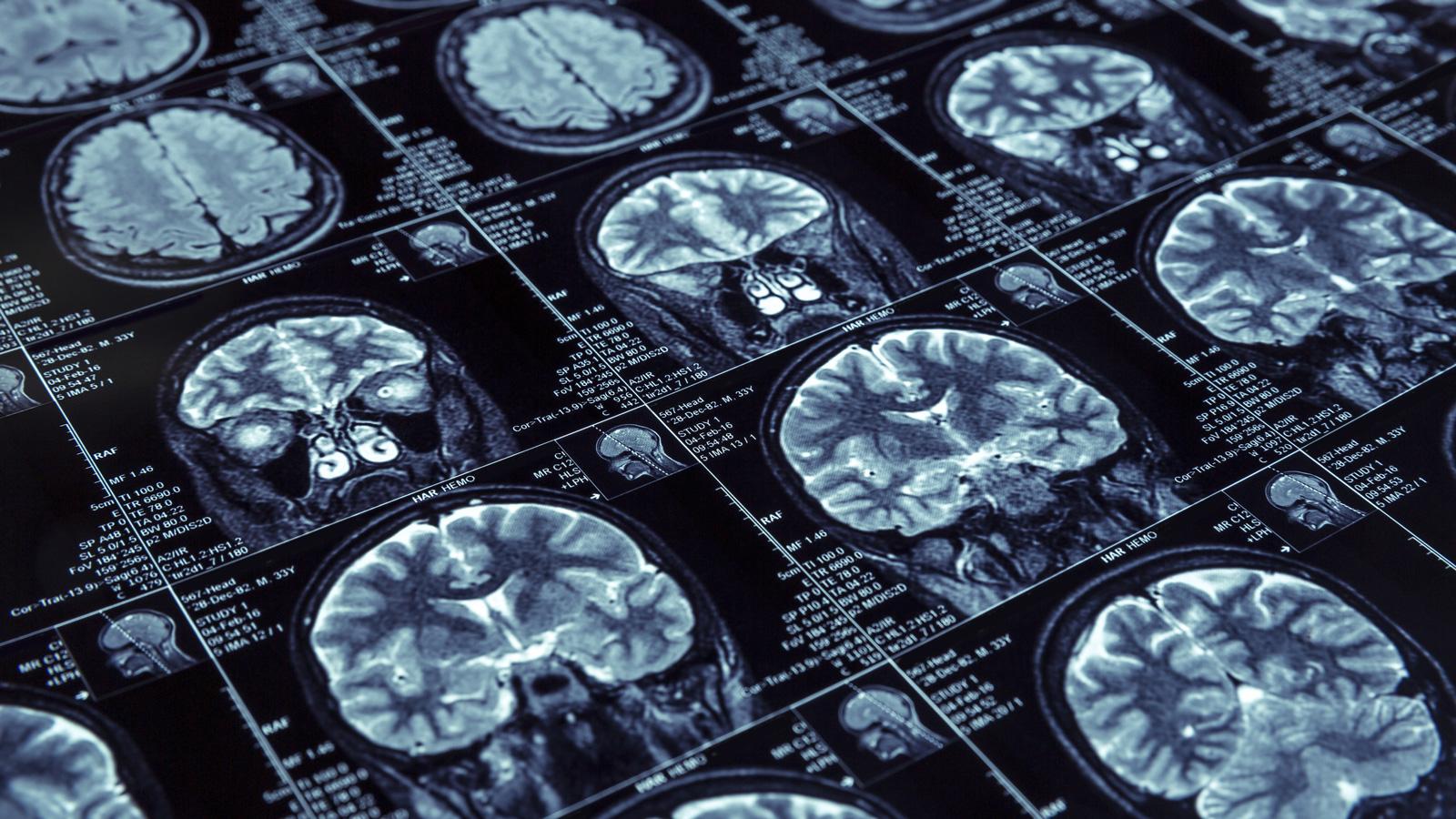China is third country to approve Alzheimer’s drug Leqembi

Eisai and Biogen have a third regulatory approval for their amyloid-targeting Alzheimer’s disease therapy Leqembi, after it was greenlit by China’s National Medical Products Administration (NMPA).
The authorisation of Leqembi (lecanemab) as a treatment of mild cognitive impairment (MCI) due to Alzheimer’s and mild Alzheimer’s dementia follows approval in the US and Japan last year and opens up a big new market for the drug. It has also been filed in Europe, with a decision due in the coming weeks, as well as other world markets.
China has a rapidly ageing population, and Eisai has estimated that there are currently around 17 million people in the country who could be eligible for treatment with Leqembi according to its current label. For comparison, the eligible patient population in the US is estimated to be around 6.5 million, with another 4.5 million in Japan.
The Japanese drugmaker is taking the lead on distributing Leqembi in China and said preparations for launch are underway, with the drug expected to reach the market in the second quarter of its current fiscal year, i.e. between July and September of this year.
There’s no word yet on the pricing of Leqembi, which was set at $26,500 per year in the US and JPY 2.98 million (around $20,500) per year in Japan, focusing attention once again on the disparity between pricing for new medicines in the US versus the rest of the world. In May, US drug cost-effectiveness organisation ICER said a fair price for the drug would be between $8,900 and $21,500 per year.
Leqembi’s approval is based on the results of the CLARITY-AD study, which showed that the drug was able to slow cognitive decline in early Alzheimer’s patients – measured using the Clinical Dementia Rating-Sum of Boxes (CDR-SB) scale at 18 months of treatment – by 27% compared to placebo.
Eisai has said it will distribute the new drug in China using a specialised medical representative force, coupled with an awareness-raising campaign that aims to encourage diagnosis of Alzheimer’s, including through the use of blood-based biomarkers that may be able to spot people at risk of the disease before symptoms become apparent.
It will also draw on an online health platform – dubbed Yin Fa Tong and operated by Jingyi Weixiang (Shanghai) Health Industry Development, a joint venture of e-commerce business JD Health – to improve access to the drug by promoting early consultations and referrals to specialist care.













